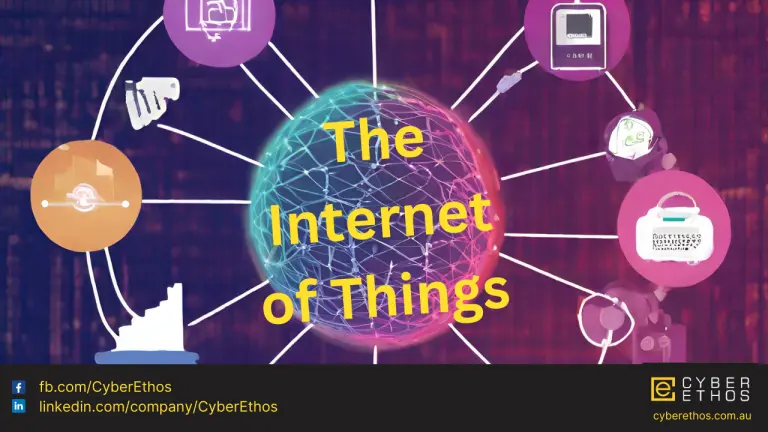Securing IoT Devices and Networks: Essential Steps for Protection
Securing Internet of Things (IoT) devices and networks is essential to prevent vulnerabilities that could
lead to cyberattacks, data breaches, and privacy violations. Here are steps you can take to enhance IoT
security:
Inventory and Asset Management:
Maintain an up-to-date inventory of all IoT devices connected to your network. This includes sensors,
cameras, smart appliances, and other IoT endpoints.
Segmentation and Isolation:
Segment your network to isolate IoT devices from critical infrastructure. This limits the potential attack
surface and prevents lateral movement by attackers.

Security by Design:
Prioritize security during the development of IoT devices. Implement security best practices in the design
phase to reduce vulnerabilities at the source.
Strong Authentication and
Access Control:
• Require strong, unique passwords for IoT devices and restrict access based on the principle of
least privilege (PoLP).
• Implement multi-factor authentication (MFA) where possible.
Regular Patching and Updates:
Keep IoT devices and their firmware up to date with the latest security patches and updates. Enable
automatic updates where available.
Device Hardening:
Disable unnecessary services and features on IoT devices. Change default credentials and ports to reduce
attack vectors.
Network Security:
Utilize firewalls, intrusion detection and prevention systems (IDPS), and network monitoring to protect
against unauthorized access and malicious traffic.
Encryption:
Encrypt data in transit and at rest using strong encryption protocols. Implement secure communication
standards like TLS for IoT devices.
Secure Boot and Firmware Validation:
Use secure boot mechanisms to ensure that only authorized firmware and software can run on IoT
devices. Validate firmware authenticity and integrity.
Vulnerability Assessment:
Regularly scan IoT devices for vulnerabilities and security weaknesses. Prioritize and remediate
discovered vulnerabilities promptly.
Physical Security:
Protect physical access to IoT devices. Unauthorized physical access can lead to tampering or theft of
sensitive data.
Privacy and Data Handling:
Clearly define and enforce data privacy policies for IoT devices. Collect only necessary data and store it
securely. Inform users about data collection practices.
User Training and Awareness:
Educate employees and users about the risks associated with IoT devices, including phishing scams and
social engineering attacks.
Monitoring and Incident
Response:
Implement continuous monitoring to detect abnormal behavior or security incidents with IoT devices.
Develop an incident response plan specific to IoT security.
Regulatory Compliance:
Ensure compliance with relevant regulations and standards, such as the IoT Cybersecurity Improvement
Act and the General Data Protection Regulation (GDPR).
Third-Party Security:
Carefully vet and assess the security practices of third-party IoT device vendors, including their supply
chain security.
Security Updates and Lifecycle
Management:
Plan for the end-of-life (EOL) of IoT devices and ensure a secure decommissioning process to avoid
abandoned, vulnerable devices.
Security Testing:
Employ penetration testing and security assessments to evaluate the resilience of IoT devices and
networks to cyberattacks.
Collaboration and Information
Sharing:
Participate in industry-specific Information Sharing and Analysis Centers (ISACs) or similar groups to stay
informed about IoT security threats and trends.
Secure Development
Frameworks:
Promote the use of secure development frameworks and tools for IoT device manufacturers to build
security into their products from the beginning.
Securing IoT devices and networks is an ongoing process, and staying vigilant is essential. As the IoT
landscape evolves, so do the threats and security measures required to protect your organization’s data
and infrastructure.
